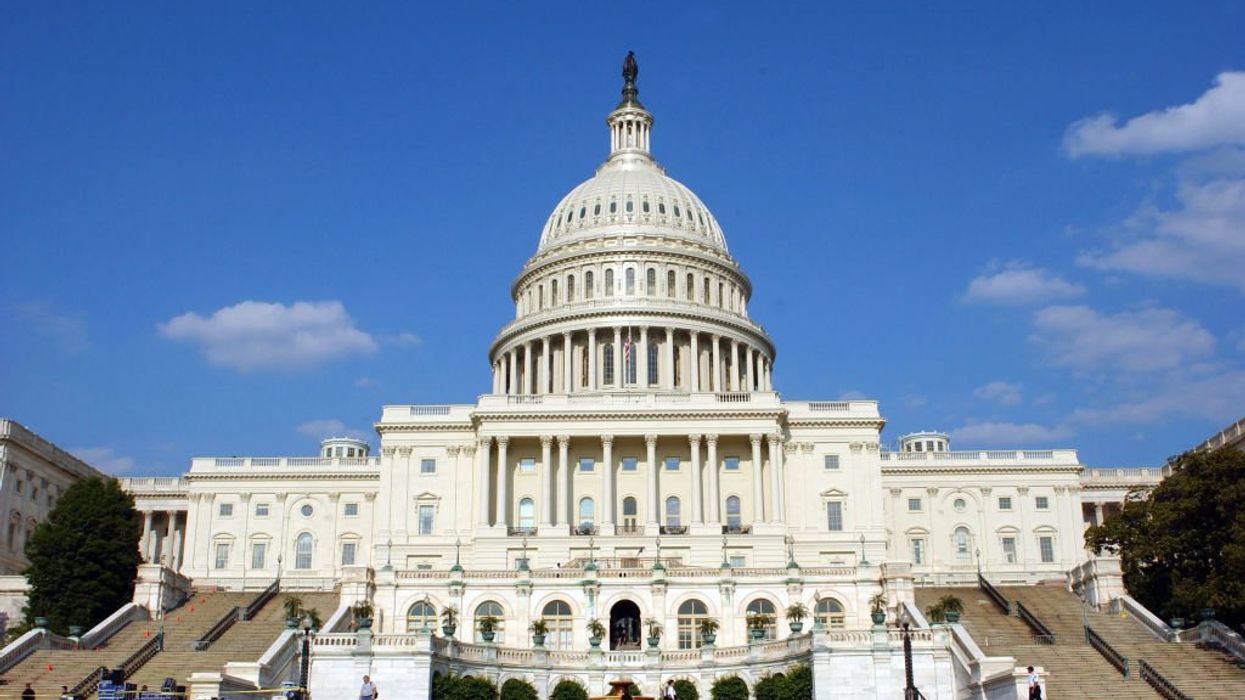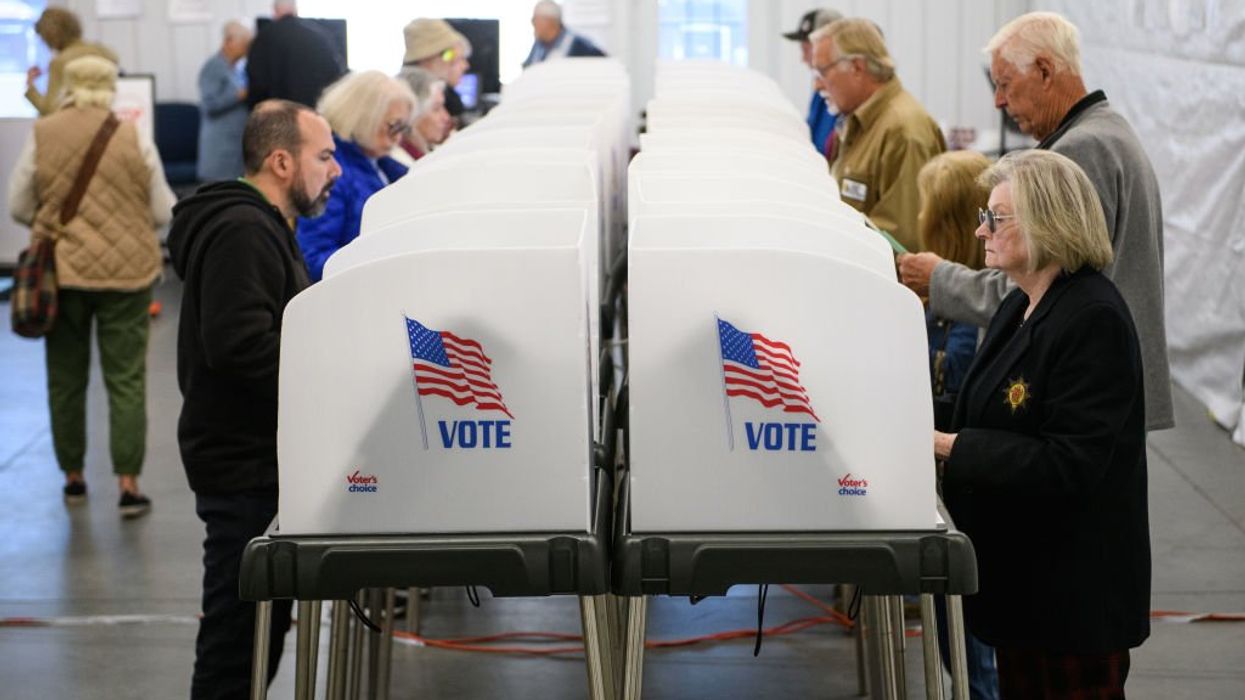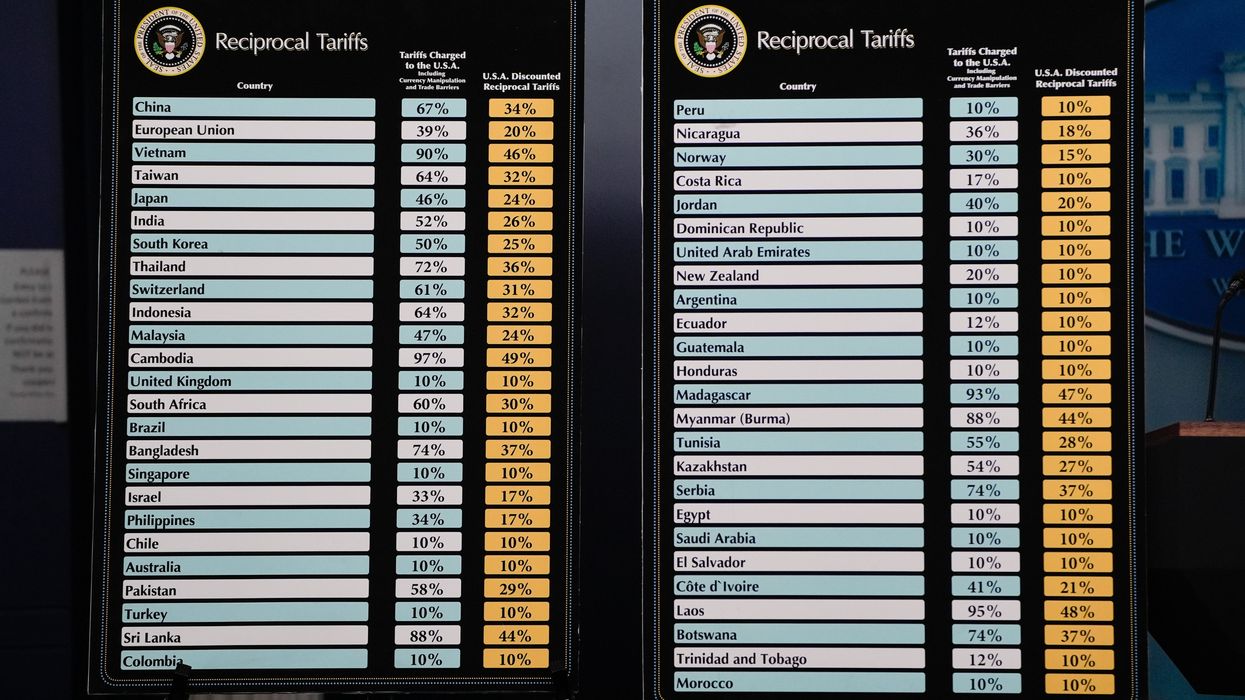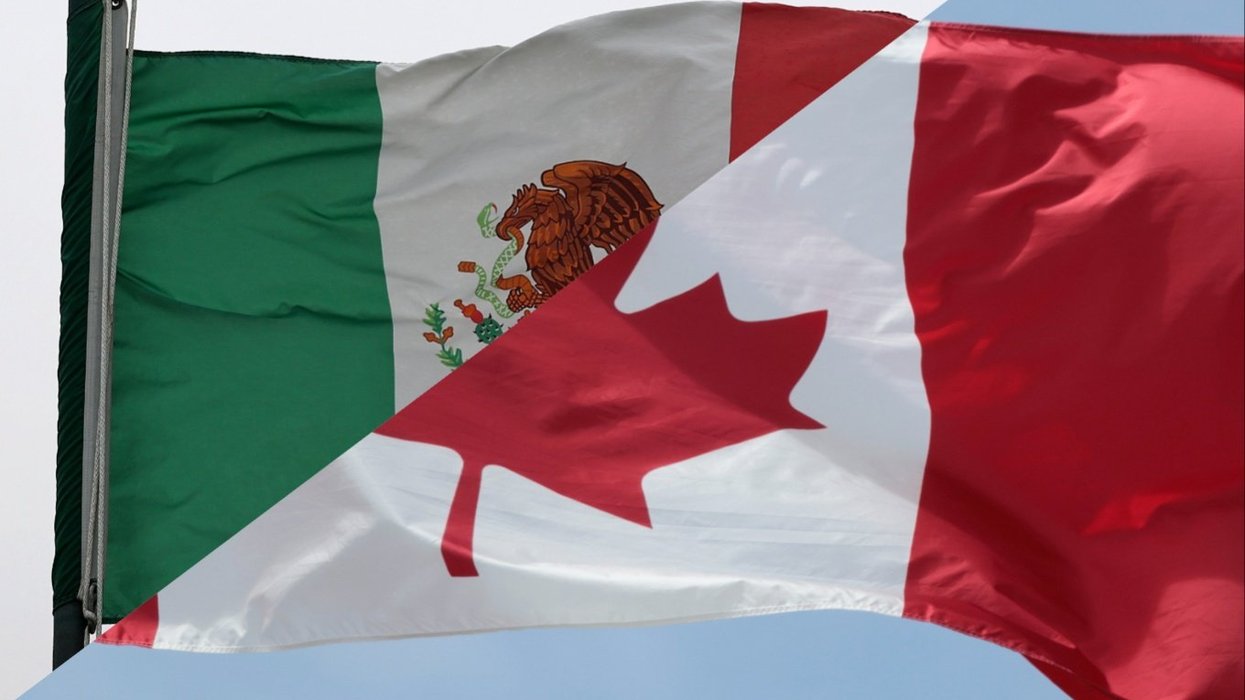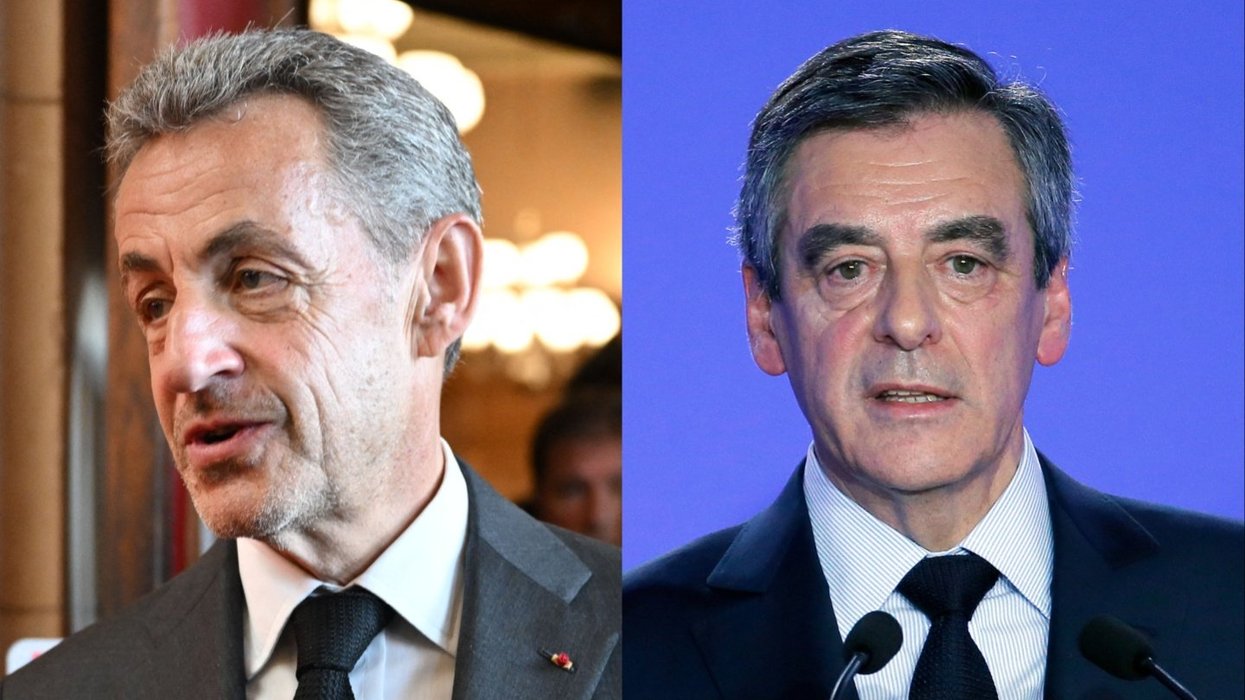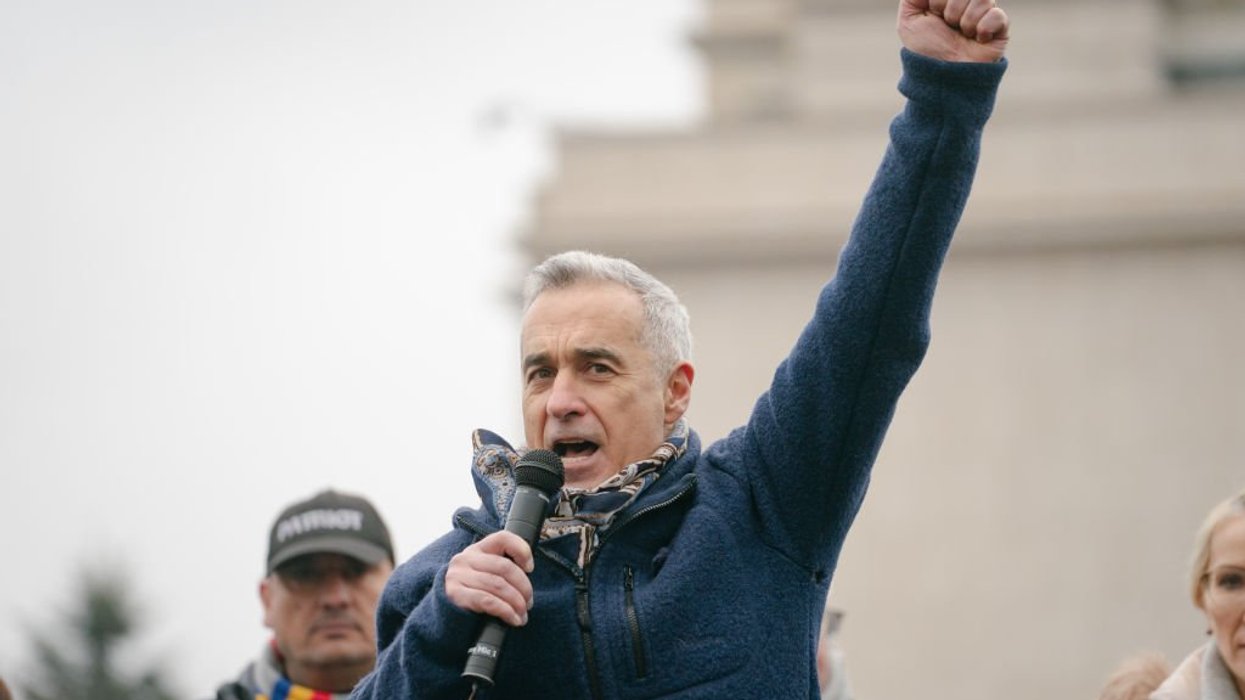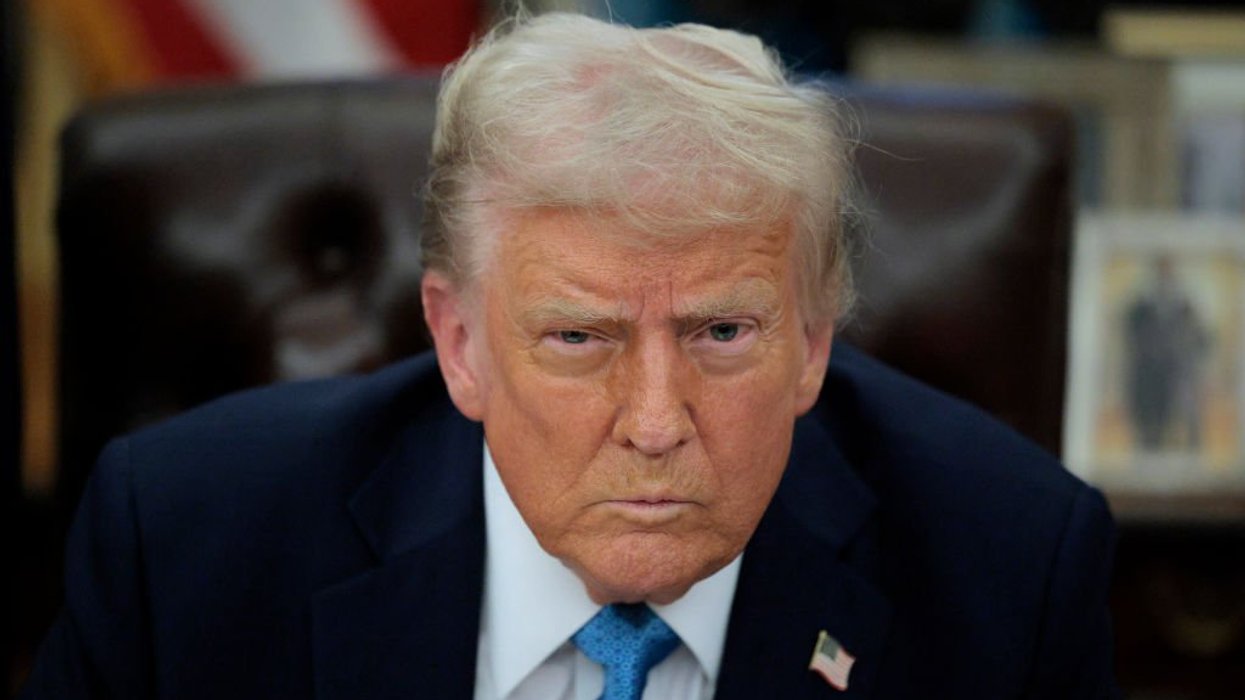The number of people serving life sentences now exceeds the entire prison population in 1970, according to newly-released data from the Sentencing Project. The continued growth of life sentences is largely the result of "tough on crime" policies pushed by legislators in the 1990s, including presidential candidate Joe Biden.
Biden has since apologized for backing those types of policies, but it seems he has yet to learn his lesson. Indeed, Biden is backing yet another criminal justice policy with disastrous consequences—mandatory drug treatment for all drug offenders.
Proponents of this policy argue that forced drug treatment will reduce drug usage and recidivism and save lives. But the evidence simply isn't on their side. Mandatory treatment isn't just patently unethical, it's also ineffective—and dangerous.
Many well-meaning people view mandatory treatment as a positive alternative to incarceration. But there's a reason that mandatory treatment is also known as "compulsory confinement." As author Maya Schenwar asks in The Guardian, "If shepherding live human bodies off to prison to isolate and manipulate them without their permission isn't ethical, why is shipping those bodies off to compulsory rehab an acceptable alternative?" Compulsory treatment isn't an alternative to incarceration. It is incarceration.
Compulsory treatment is also arguably a breach of international human rights agreements and ethical standards. The World Health Organization (WHO) and the United Nations Office on Drugs and Crime (UNODC) have made it clear that the standards of ethical treatment also apply to the treatment of drug dependence—standards that include the right to autonomy and self-determination. Indeed, according to UNODC, "people who use or are dependent on drugs do not automatically lack the capacity to consent to treatment...consent of the patient should be obtained before any treatment intervention." Forced treatment violates a person's right to be free from non-consensual medical treatment.
It's a useless endeavor, anyway, because studies have shown that it doesn't improve outcomes in reducing drug use and criminal recidivism. A review of nine studies, published in the International Journal of Drug Policy, failed to find sufficient evidence that compulsory drug treatment approaches are effective. The results didn't suggest improved outcomes in reducing drug use among drug-dependent individuals enrolled in compulsory treatment. However, some studies did suggest potential harm.
According to one study, 33% of compulsorily-treated participants were reincarcerated, compared to a mere 5% of the non-treatment sample population. Moreover, rates of post-release illicit drug use were higher among those who received compulsory treatment. Even worse, a 2016 report from the Massachusetts Department of Public Health found that people who received involuntary treatment were more than twice as likely to die of an opioid-related overdose than those with a history of only voluntary treatment.
These findings echo studies published in medical journals like Addiction and BMJ. A study in Addiction found that involuntary drug treatment was a risk factor for a non-fatal drug overdose. Similarly, a study in BMJfound that patients who successfully completed inpatient detoxification were more likely than other patients to die within a year. The high rate of overdose deaths by people previously involuntarily treated is likely because most people who are taken involuntarily aren't ready to stop using drugs, authors of the Addiction study reported. That makes sense. People who aren't ready to get clean will likely use again when they are released. For them, the only post-treatment difference will be lower tolerance, thanks to forced detoxification and abstinence. Indeed, a loss of tolerance, combined with the lack of a desire to stop using drugs, likely puts compulsorily-treated patients at a higher risk of overdose.
The UNODC agrees. In their words, compulsory treatment is "expensive, not cost-effective, and neither benefits the individual nor the community." So, then, why would we even try?
Biden is right to look for ways to combat addiction and drug crime outside of the criminal justice system. But forced drug treatment for all drug offenders is a flawed, unethical policy, with deadly consequences. If the goal is to help people and reduce harm, then there are plenty of ways to get there. Mandatory treatment isn't one of them.

